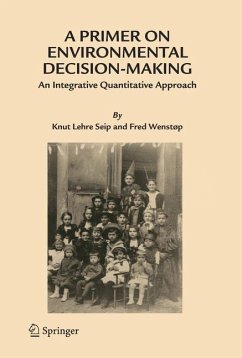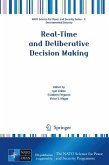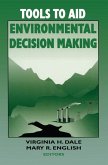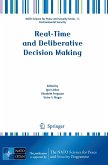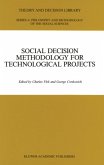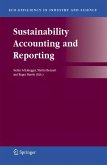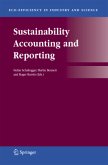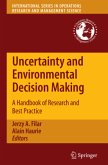This book integrates decision-making and environmental science. For ecologists it will bridge the gap to economics. For practitioners in environmental economics and management it will be a major reference book. It probably contains the largest collection available of expressions and basic equations that are used in environmental sciences. Applying these expressions as "rules-of-thumb" will give participants in a decision-making process a common platform for discussion and arbitration.
To make the text comfortable to read, the book is organized in disciplines, but it also includes 13 applications that draw on all subjects in the book, and where cross-references are extensively used. The applications that range from siting of paper mills to wilderness management show how a range of topics in economics, social sciences and ecology are interrelated when decisions have to be made.
The third chapter is called "Getting started". It shows how to carry out a complete environmental screening study in one day, much like the computer manuals that get you going from the first day. We believe that raising a platform for environmental decision-making puts issues into their right perspective, it is fun, and it lets an individual contribute to society's understanding of the environment in a very short while.
To make the text comfortable to read, the book is organized in disciplines, but it also includes 13 applications that draw on all subjects in the book, and where cross-references are extensively used. The applications that range from siting of paper mills to wilderness management show how a range of topics in economics, social sciences and ecology are interrelated when decisions have to be made.
The third chapter is called "Getting started". It shows how to carry out a complete environmental screening study in one day, much like the computer manuals that get you going from the first day. We believe that raising a platform for environmental decision-making puts issues into their right perspective, it is fun, and it lets an individual contribute to society's understanding of the environment in a very short while.
The book would be valued by academics, bureaucrats and students. The coverage is broad and relevant to the topic it purports to encompass. It is far reaching and much of the theory it addresses is cutting edge. There are a number of emergent disciplines and ideas in this field, and the manner in which this book is structured and composed should enable penetration of all relevant and cognate disciplines. I believe the book is "State- of- the art". -- Professor Sarah Lumley; University of Western Australia. It is monumental in scope and could provide material for an entire degree program. --Professor Charles Howe; University of Colorado at Boulder. What is very important in the case of this particular handbook is how the authors are able to introduce the two quite different groups of people - the decision-makers and the ecologists - to the areas they are not familiar with. In my opinion, the manuscript I had a pleasure to review for the authors, handles this difficult task exceptionally well. It is written with simple, easy to follow language, it is not overloaded with difficult equations (which would most probably discourage many students), and when these are crucial, some examples are given so that a student can easily follow all the calculations. The book is also rich in graphs and other figures that make the text even easier to understand. In conclusion, I will be indeed happy to see the book in bookstores and libraries, and I believe that it will enable dozens of lecturers to introduce the interesting field of environmental decision making into university curricula either as separate courses or, at least, as parts of other, more general ones. I am also pretty sure that a number of people working currently in the field of conservation biology, environmental protection, ecotoxicology, etc. will be happy to use this book in their daily professional work. --Prof. dr hab. Ryszard Laskowski, Institute of Environmental Sciences, Jagiellonian University in Kraków, Poland

